Creating an eco-friendly home might seem daunting. But you can do a few small things that can make a difference. Swapping some everyday home items with their sustainable versions is one way to start. It’s simple, but the impact can be profound. Besides, starting small can mean building better habits.
Make your life more eco-friendly with these home items.
Reusable Grocery Bags
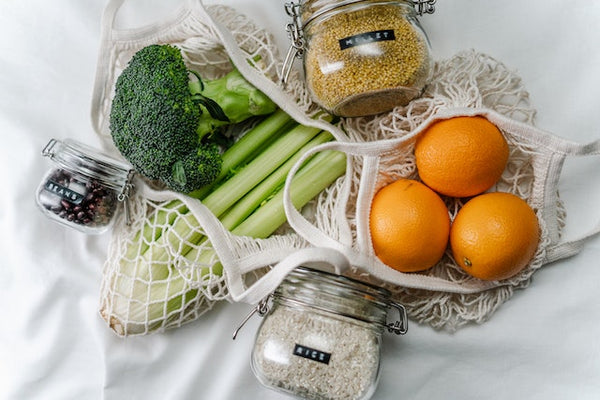
The sheer volume of plastic bags used by Americans each year is mind-boggling (as in by the billions). And if we toss in the rest of the world’s usage, the number of discarded bags in landfills and the seas is staggering.
Many cities worldwide have implemented policies such as bans or taxes on plastic bags to discourage single-use consumption. Still, we need to put in more effort to make a difference. So, if you aren’t using reusable grocery bags yet, maybe it’s about time you do.
Before shopping for a fancy reusable bag, check your drawers and cabinets for old bags you can still use. The most eco-friendly bag is the one you already have, whether the bag is plastic, paper, organic cotton, or another material. Reusing it as many times as possible reduces its environmental impact.
Silicone Food Storage
Ditch those wasteful single-use plastic containers and use silicone snack baggies instead. These reusable wonders help you avoid adding more plastic to overflowing landfills and polluted seas. To be safe, make sure the silicone bags are made of food-grade silicone and are dishwasher, microwave, and oven safe.
Silicone food storage containers come in various sizes, so you don’t have to worry about big snacks (a Reuben, perhaps) fitting in. Larger options include stackable silicone bowls that stand tall and nestle as needed, a great space-saving feature for kitchens with limited storage. This makes them super convenient to bring around in your bag when you go out.
TIP: Having silicone bags on the go helps you avoid food waste. Take those leftovers home!
Bamboo Toothbrush
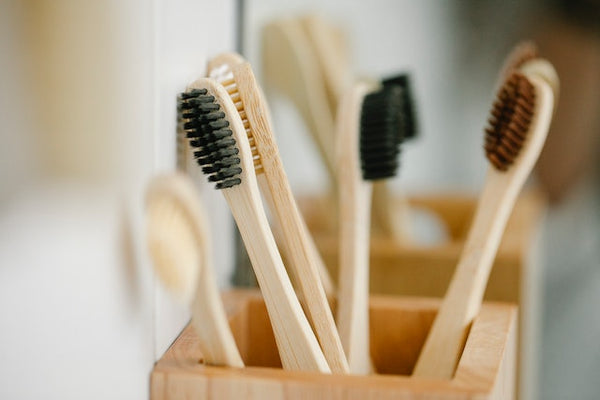
Switching to an eco-friendly toothbrush is a simple step towards a more environmentally friendly home. There are toothbrushes made of recycled plastic, but we prefer those made from bamboo. Because bamboo is compostable, you can toss an old toothbrush in your compost pile guilt-free, without fuss.
Toothbrushes are mostly made of plastic these days. But despite the efforts in plastic recycling, only a sad 8 percent of what’s put in the recycling bin is actually recycled. Unfortunately, toothbrushes are not among the items that are recycled, and note that an estimated one billion toothbrushes are made each year.
TIP: Before you compost your bamboo toothbrush, remove the bristles. They are made from a different material and need to be recycled separately.
Reusable Straws
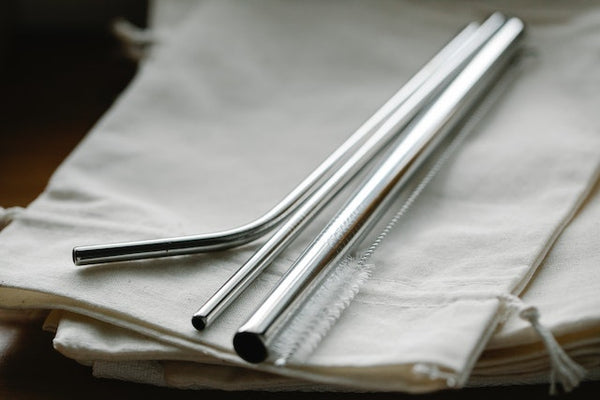
Using a reusable straw is a great way to make your life more eco-friendly. Many people often start their minimal waste journey with this sustainable swap. It’s just a single product, but its potential to reduce the amount of plastic you use is incredible.
Plastic straws are often used only once. Just once. But they take hundreds of years to degrade and often end up polluting and threatening marine life in our waterways. Animals often mistake straws for food, and when ingested, they cause choking and suffocation.
On the other hand, a single purchase of a reusable straw goes a long way. You’ll find many options, from stainless steel and bamboo to glass and silicone. Bamboo is great because it’s compostable. But we’ll go for stainless steel for straws because it’s more hygienic.
TIP: Don’t forget to buy a straw brush; always clean your straws well. Better yet, bring your travel mug to avoid plastic cups.
Wooden Utensils
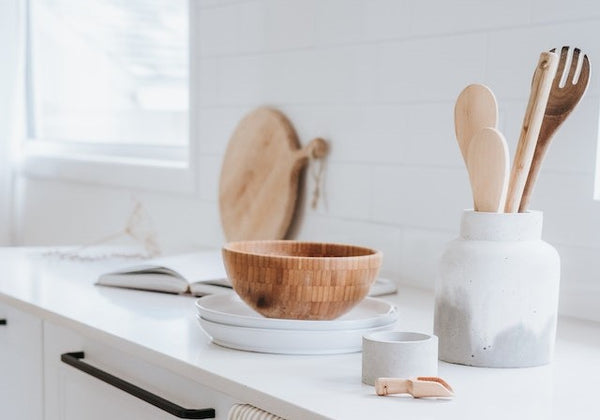
If you already have a complete set of kitchen utensils at home, you don’t need to buy another one made of wood to make your home more eco-friendly. Otherwise, wooden utensils are great options.
Wooden spoons, mortars, rolling pins, and chopping boards are better than plastic counterparts. They last long, can be composted or recycled when no longer usable, have a lower carbon footprint, and don’t contain harmful chemicals that could leak into your food.
Disposable wooden utensils are also getting more popular as swaps to single-use plastic. Some say they are more sustainable because they use fewer resources and produce fewer byproducts and waste. But this is debatable. After all, they’re designed to be disposable, which means the carbon footprint is potentially high.
TIP: Visit T.Y. Fine Furniture if you’re looking for wooden home items. We now offer wooden spoons, bowls, natural brooms, and toothbrushes.
Wool Dryer Balls
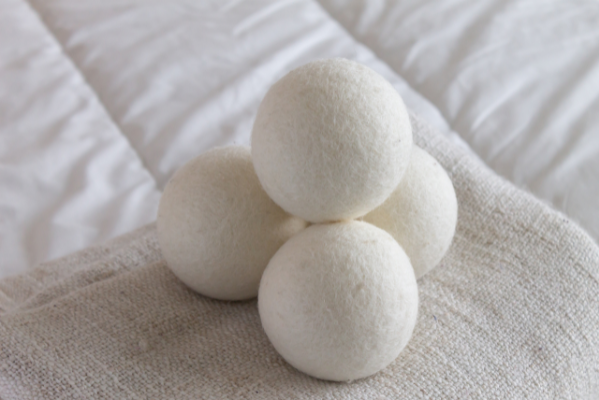
Wool dryer balls are a natural way to soften and de-wrinkle clothes, which means they’re a great alternative to dryer sheets. Most dryer sheets are made from synthetic polyester and chemicals. They’re not recyclable; they decompose slowly, significantly contributing to ocean waste.
On the other hand, reusable dryer balls are often made from 100% wool. They’re fully compostable and are typically free from potentially harmful chemicals. Moreover, they work faster than dryer sheets, making them more energy efficient.
Towels and Cloth
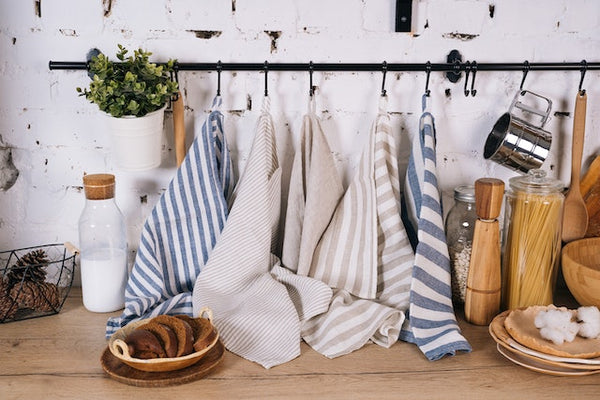
Start making a change in your kitchen by ditching those wasteful paper towels and food wraps. Embrace good old fabric instead.
You can easily minimize the use of paper products using sustainable options like Unpaper Towels. They look like a roll of paper towels but are actually a set of cloth snapped together. They’re great for cleaning and can be washed and reused many times.
Beeswax wrap is another alternative. It’s a food wrap swap made from organic cotton fabric coated with food-grade beeswax, rosin, jojoba, and coconut oil. It’s moldable so that you can shape it around containers and food. You can use a beeswax wrap for about a year, which is way better than single-use plastic food wrap.
TIP: To cover food in containers, use silicone lids or a clean cloth.
Reusable Water Bottles
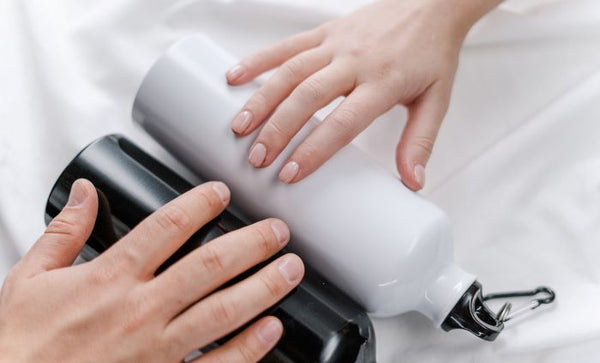
A reusable water bottle replaces all the plastic bottles you would have used. With just one swap, you’ll be doing your part in saving the planet by reducing your carbon footprint and keeping plastic waste out of our landfills, oceans, streams, and other beautiful places.
There’s a plethora of reusable bottles in the market. Those made from plastic might be easy on the wallet, but they’re not doing you or the planet any favors. But they’re just as bad for you and the environment as those flimsy single-use bottles.
Stainless steel and glass are commonly recommended as the healthiest materials for water bottles. Glass is chemical-free, natural, recyclable, and easy to clean. In contrast, food-grade stainless steel is durable and can maintain cold or hot water for extended periods.
Shampoo Bars
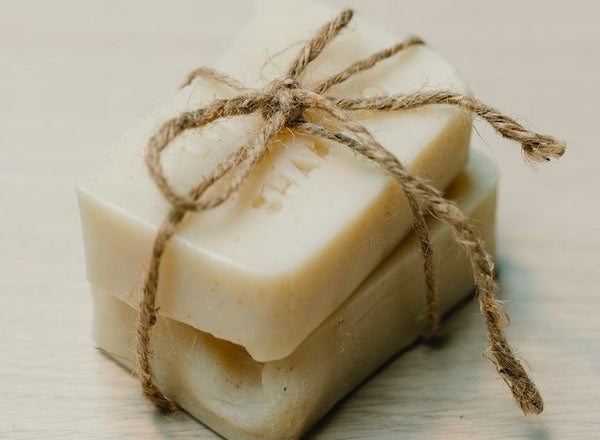
Shampoo bars are gaining popularity because they offer environmental benefits. They eliminate the need for traditional plastic packaging, resulting in less waste during production. Additionally, they have a longer lifespan than liquid shampoos, which means you’ll save money in the long run.
Shampoo bars are made from natural ingredients like coconut, olive, and essential oils. They are designed to be gentle and effective on your hair and scalp. Plus, they come in various scents and colors so that you can find the perfect bar for you.
The Takeaway
Being mindful of your environmental impact is challenging. But choosing reusable or sustainably made goods over disposable ones is a great place to start.
One thing worth considering before making any purchase is asking yourself a simple question. Do you honestly need this item? The product must meet a genuine need to make your effort to reduce waste truly impactful. You might as well not buy it if you don’t need it.
Additionally, it’s important to remember that trendy terms are likely hollow and unsubstantiated. So beware of marketing taglines containing words like green, eco-friendly, natural, fair trade, organic, and sustainable. It always pays to research first before you buy anything.
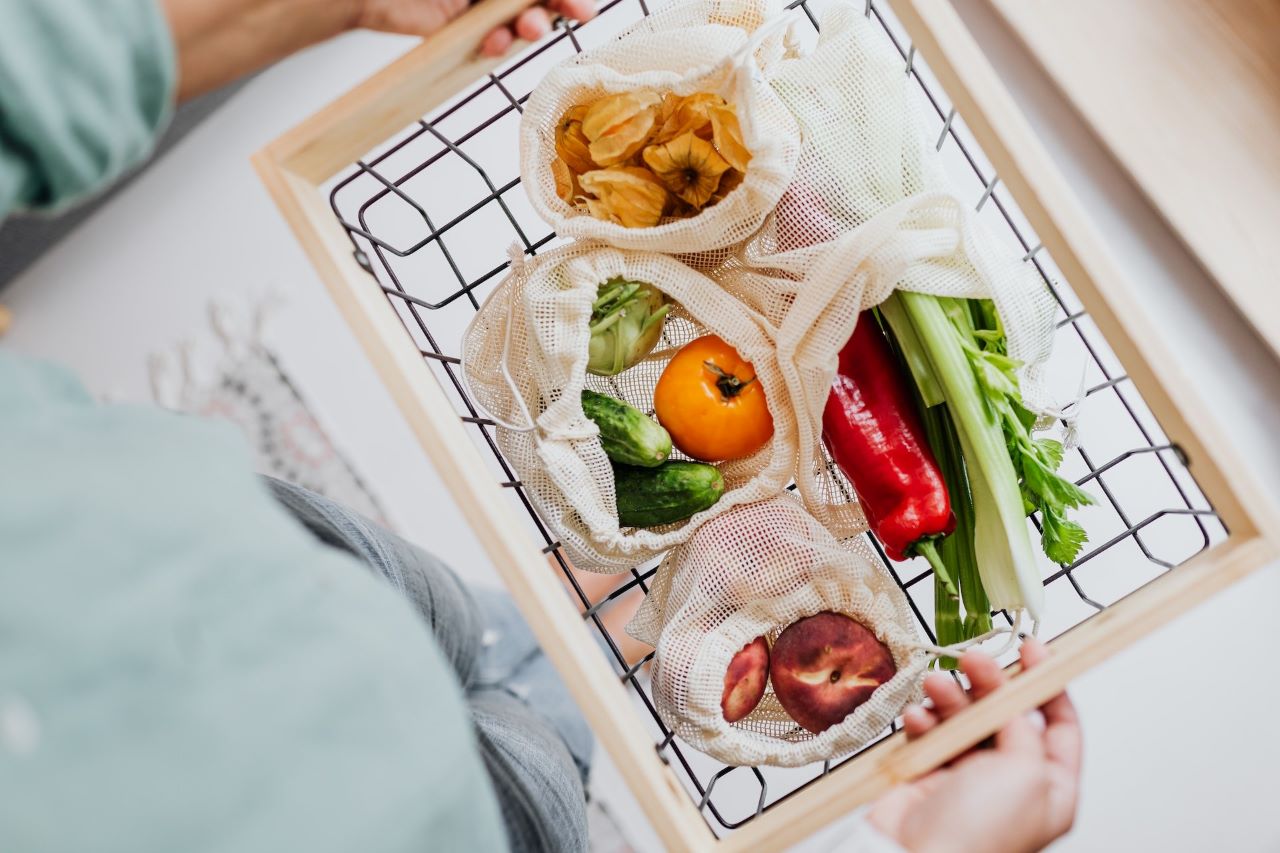

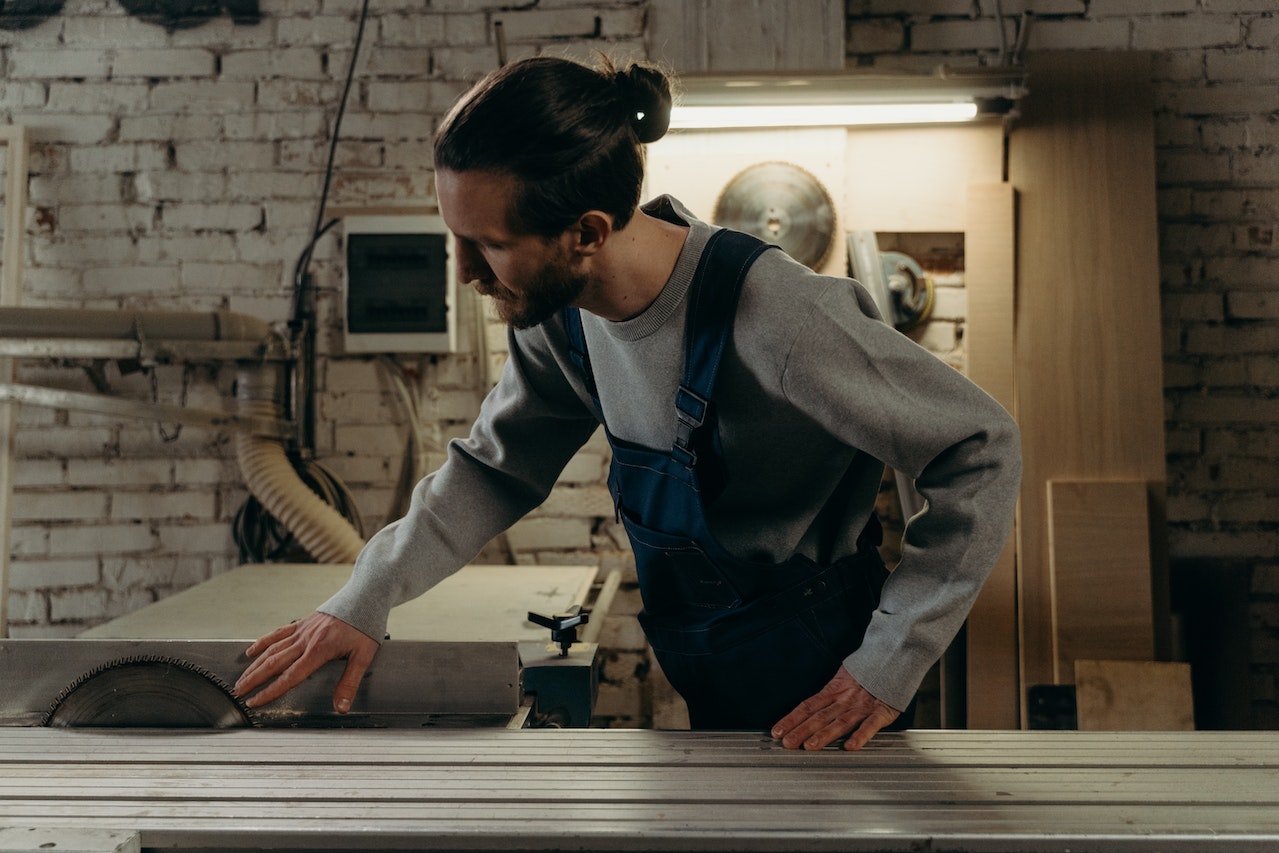
Leave a comment
This site is protected by hCaptcha and the hCaptcha Privacy Policy and Terms of Service apply.